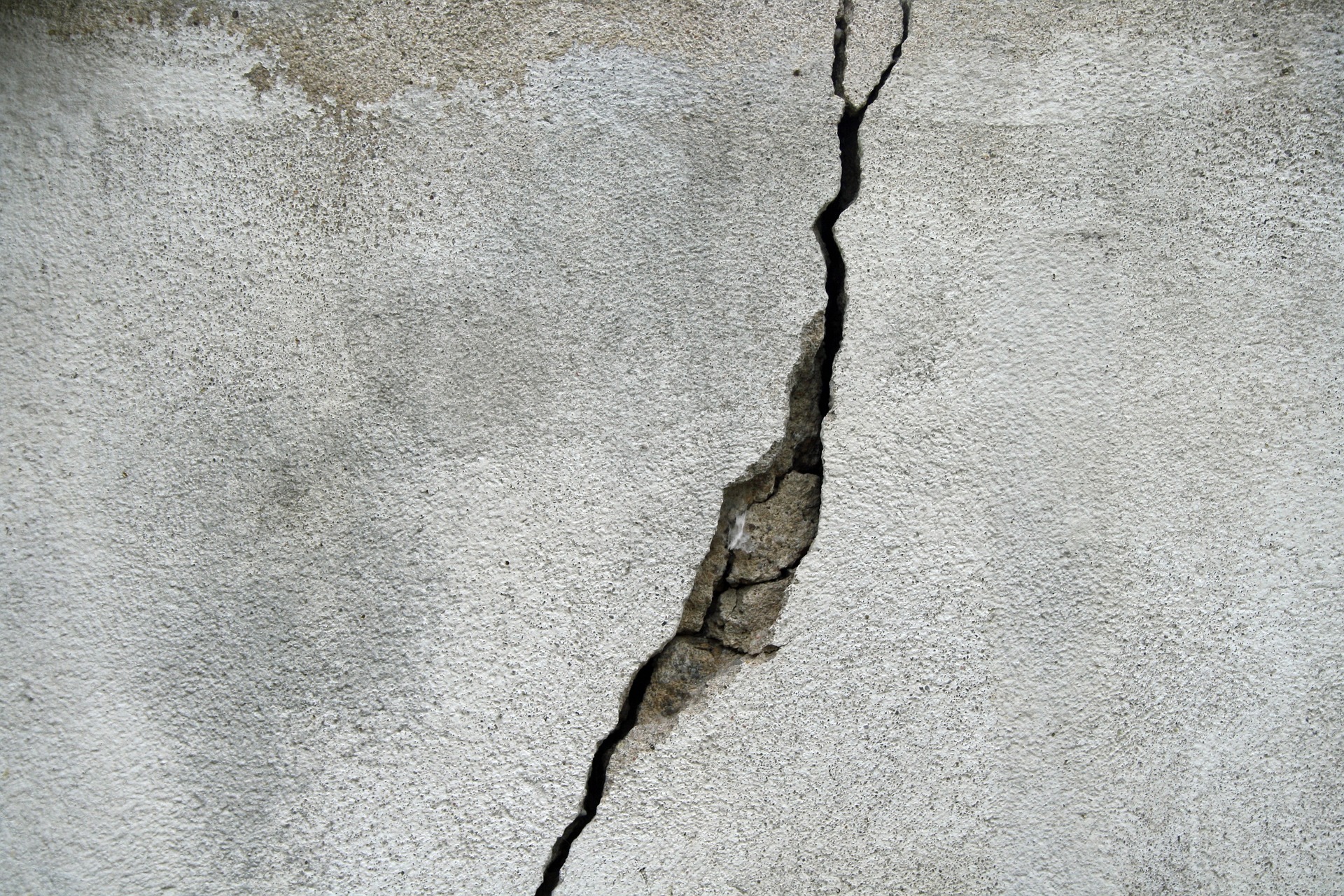That Tiny Crack Could Cost You Thousands – Here’s Why
Small cracks in your foundation might seem harmless—but they can grow into serious problems. Whether it's a basement wall crack, window crack, or foundation fissure, ignoring them risks bigger damage over time. Professional solutions like concrete crack filler and proper foundation crack repair can prevent moisture issues, pests, and structural shifts. Discover safe and reliable methods to protect your home's structure now.

What causes foundation cracks in homes?
Foundation cracks can occur due to various factors, including soil settlement, hydrostatic pressure, and temperature fluctuations. As your home settles over time, the soil beneath it can shift, leading to stress on the foundation. This stress often results in cracks. Additionally, water accumulation around your foundation can create pressure, forcing its way through weak points and causing cracks. Extreme temperature changes can also cause concrete to expand and contract, potentially leading to cracking.
How can you identify potentially dangerous foundation cracks?
Not all cracks are created equal. Some may be harmless, while others can signify serious structural issues. Horizontal cracks are often more concerning than vertical ones, as they may indicate pressure from the surrounding soil. Cracks wider than 1/4 inch or those that appear suddenly should be inspected promptly. Look for signs of water seepage, such as dampness or efflorescence (a white, powdery substance) around the crack. If you notice any doors or windows becoming difficult to open or close, it could be a sign of foundation movement.
What are the risks of ignoring foundation cracks?
Ignoring foundation cracks can lead to a host of problems that can be both costly and dangerous. Water infiltration through these cracks can cause mold growth, wood rot, and damage to your belongings. It can also weaken the structural integrity of your home over time. Small cracks can widen, allowing pests like termites and rodents to enter your home. In severe cases, unchecked foundation issues can lead to wall collapse or significant structural damage that could render your home unsafe and require extensive repairs.
How to seal foundation cracks before they spread?
Sealing foundation cracks early is crucial to prevent further damage. For hairline cracks (less than 1/8 inch wide), a high-quality epoxy injection system can be effective. Clean the crack thoroughly, then inject the epoxy using a specialized applicator. For slightly larger cracks (up to 1/4 inch), hydraulic cement can be used. This expands as it dries, creating a watertight seal. For cracks wider than 1/4 inch or those that are actively leaking, it’s best to consult a professional, as these may require more advanced repair techniques.
Top methods to repair concrete cracks at home
For DIY enthusiasts, there are several methods to repair concrete cracks at home. One popular option is using a concrete patching compound. Clean the crack, apply the compound with a putty knife, and smooth it out. Another method is the “crack chasing” technique, where you widen the crack slightly with a chisel or grinder, then fill it with an elastomeric sealant. For floor cracks, a self-leveling concrete sealant can be effective. Always ensure the area is clean and dry before applying any repair material.
Avoid water damage with basement crack fixes
Basement cracks are particularly prone to water infiltration, making proper sealing essential. One effective method is to use a polyurethane foam injection. This expands to fill the crack and remains flexible, allowing for minor foundation movement. Another option is to apply a waterproof coating to the entire wall, which can help prevent future cracks and water seepage. For severe cases, installing an interior drain tile system along with crack repair can provide comprehensive protection against water damage.
| Repair Method | Best For | Estimated Cost | DIY Friendly |
|---|---|---|---|
| Epoxy Injection | Hairline cracks | $300 - $500 | Moderate |
| Hydraulic Cement | Small cracks up to 1/4 inch | $20 - $50 | Yes |
| Polyurethane Foam | Active leaks, larger cracks | $600 - $1200 | No |
| Elastomeric Sealant | Surface cracks | $50 - $100 | Yes |
| Waterproof Coating | Preventative measure | $500 - $1000 | Yes |
Prices, rates, or cost estimates mentioned in this article are based on the latest available information but may change over time. Independent research is advised before making financial decisions.
Addressing foundation cracks promptly is crucial for maintaining your home’s structural integrity and avoiding costly repairs down the line. While some minor cracks can be addressed with DIY methods, it’s important to recognize when professional help is needed. Regular inspections of your foundation, especially after extreme weather events, can help catch issues early. By taking proactive steps to repair and prevent foundation cracks, you can protect your home and avoid the potentially thousands of dollars in damage that a tiny crack could ultimately cause.






